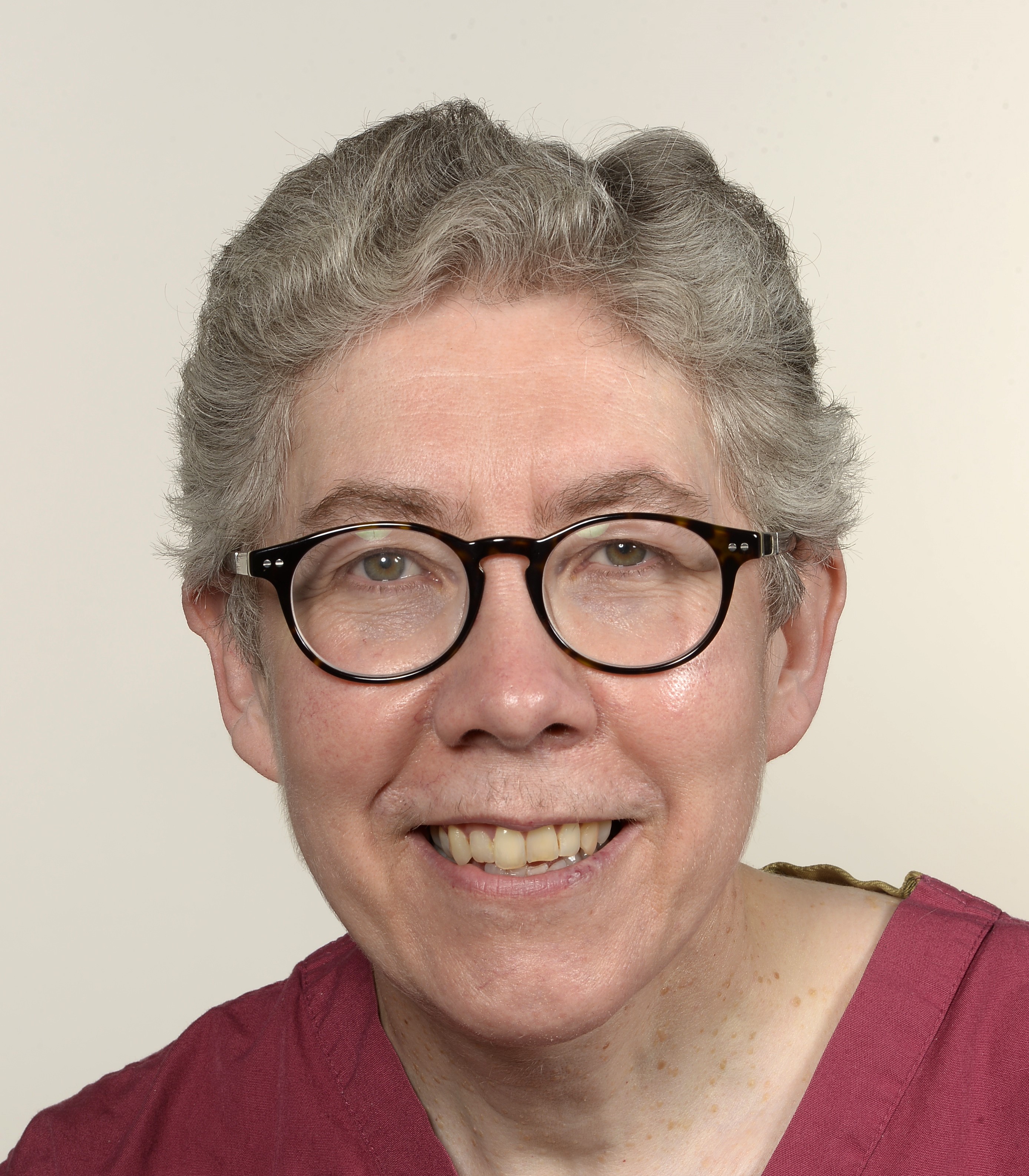BASHH Genital Dermatology PLUS Course
Friday 28 Feb 2025
Virtual half-day course, 08.45 am–13.00 pm
Registration closes 5pm 27th February
This popular course, run by the BASHH Sexual Health Dermatology Special Interest Group, extends the knowledge and skills taught on the annual Sexual Health/Genital Dermatology Basics Workshops Course
Target audience:
Consultants and career-grade doctors, specialty trainees, and clinical nurse specialists in Genitourinary Medicine, Sexual & Reproductive Health, or Gynaecology, as well as General Practitioners and other clinicians working in primary care. Doctors and nurses training in Dermatology will also find this course useful.
Course aim:
To equip participants with more advanced knowledge and skills for the effective management of genital skin conditions and the cutaneous manifestations of sexually transmitted infections.
Learning objectives:
- Improve recognition and management of both common genital skin conditions and challenging cases:
including:
- Oral manifestations of genital skin disease
- Drug reactions affecting the genitalia and genital skin allergy
- Mpox and types of presentation
- Hidradenitis suppurativa and cutaneous Crohn’s disease
- Improve confidence in referring appropriate cases to dermatology
To view the PROGRAMME, please click here
Organising Committee :
Dr P N Sashidharan
Dr Imali Fernando
Dr Lewis Haddow
Dr Soe Aung
Dr Sapna Harish
Dr Amber Savary-Trathen
Dr Georgina Morris
PLEASE NOTE: Due to the nature of some images used in presentations, a recording of the course will not be provided or available to view afterwards on demand.
Thank you to our sponosrs



Speakers
Dr Ruth Lamb

Ruth completed her undergraduate training at Edinburgh University along with her medical training and MRCP. She undertook her Dermatology training in Glasgow before undertaking the post CCT Medical Dermatology Fellowship at St John’s Institute of Dermatology in 2013. Her interests include severe inflammatory skin disease and she continues to work as a Consultant in the Hidradenitis Suppurativa clinic at St John’s Institute of Dermatology weekly and leads the Biologics clinic at St George’s Hospital in London. She is president elect for the British Society of Medical Dermatology.
3 learning points from the talk:
- Crohn’s disease and HS may co-exist- and this may present some challenges with newer biologic agents
- Treatment of HS is multi-modal and multi-disciplinary
- The pathogenesis and treatment landscape in HS is currently evolving and expanding
Professor Jane Setterfield

Professor Jane Setterfield Trained in dentistry at The Royal London Hospital and in Medicine at University College Hospitals, London. Trained in dermatology at St John’s Institute of Dermatology.Research undertaken at the University of Connecticut, USA and at Guy’s and St Thomas’ Hospitals. Completed an MD investigating clinicopathological associations in mucous membrane pemphigoid.Current Research interests: pathogenic mechanisms, clinical outcome measures and therapeutic aspects of mucocutaneous diseases including mucous membrane pemphigoid, pemphigus and lichen planus. Areas of clinical interest: Oral medicine, vulval dermatoses and mucocutaneous diseases. Lead for Oral Dermatology Service at St John’s Institute and Department Oral Medicine Guy’s Dental Institute.
3 Learning Points from the talk:
- Optimise examination of the mouth
- Be able to recognize the oral manifestations of the main skin diseases that can affect the genitalia
- Understand the importance of assessing whether other mucosal sites are affected and the need for a MDT approach
Dr Joesph Heskin

Dr Joseph Heskin is a consultant in Genito-Urinary and HIV medicine at 10 Hammersmith Broadway Clinic in West London. He is a clinical tutor at Imperial College London Medical School, and a forensic physician at The Havens SARC. Joseph diagnosed the first UK case of sexually acquired Mpox in 2022 and was part of the national and international response to the outbreak with an ongoing clinical and research interest in the topic.
3 Learning points from the talk:
- The current mpox outbreak affecting the UK
- The appearance of mpox
- The changing presentation of mpox in a post vaccination cohort
Dr Pamela Fiandeiro

Dr Pamela Fiandeiro undertook her dermatology training in dermatology centres including the Royal Free Hospital, Royal London Hospital, Kings College Hospital and St John's Institute of Dermatology. She also obtained the Post-graduate diploma in Clinical Dermatology from Queen Mary University London. Following her specialty training she further trained in Cutaneous Allergy (patch testing) at St John's Institute of Dermatology, Guys and St Thomas NHS Foundation Trust. Dr Fiandeiro is a consultant at the Homerton University Hospital where she does general dermatology, skin cancer and paediatrics clinics, and she is a consultant in cutaneous allergy at the Royal London Hospital.
3 Learning points from the talk:
- Cutaneous adverse drug reactions, most of which can affect the anogenital area can occur soon after and up to 6 weeks after taking the culprit drug.
- The anogenital area is a unique area for irritancy with an increased risk of allergic contact dermatitis. This can be caused by multiple products including over the counter products, home remedies, as well as prescribed topical preparations.
- Perianal involvement increases the likelihood of an allergic contact dermatitis.
Dr Fiona Lewis

Dr Fiona Lewis is a consultant dermatologist, St John’s Institute of Dermatology, Guy’s & St Thomas’ Hospital, London
Fiona Lewis trained in Dermatology at the Royal Hallamshire Hospital, Sheffield and completed her MD thesis on clinical and immunological aspects of lichen sclerosus there. She became a Consultant Dermatologist in 1996 and now runs the Vulval Clinic at St John’s Institute of Dermatology which is a busy tertiary service for complex vulval conditions. She is an Honorary Senior Lecturer at King’s College, London and is programme director for the MSc in Clinical Dermatology.
She teaches on all aspects of vulval disease at a local, national and international level, and has authored various textbooks on vulval disease, as well as being active in clinical research. She is President Elect of the European College for the Study of Vulval Disease.
3 Learning points from the talk:
- To recognise more unusual disorders affecting the vulva
- To recognise reasons why dermatoses may not respond as expected
- To understand when to refer to specialist services.